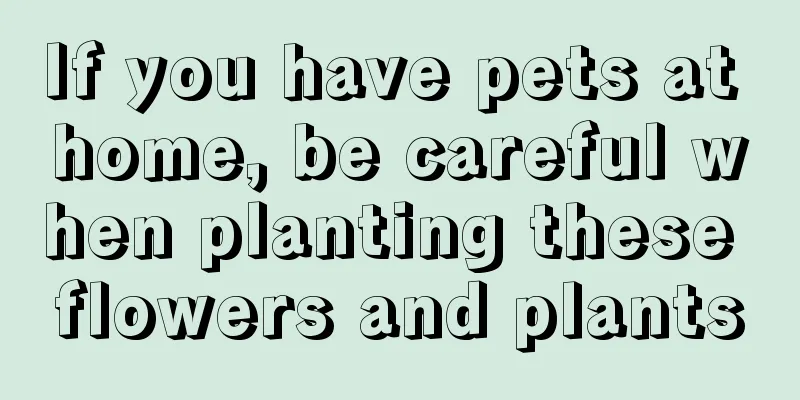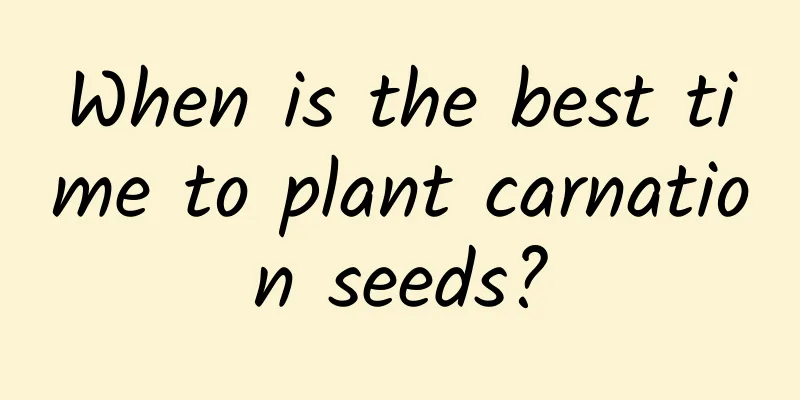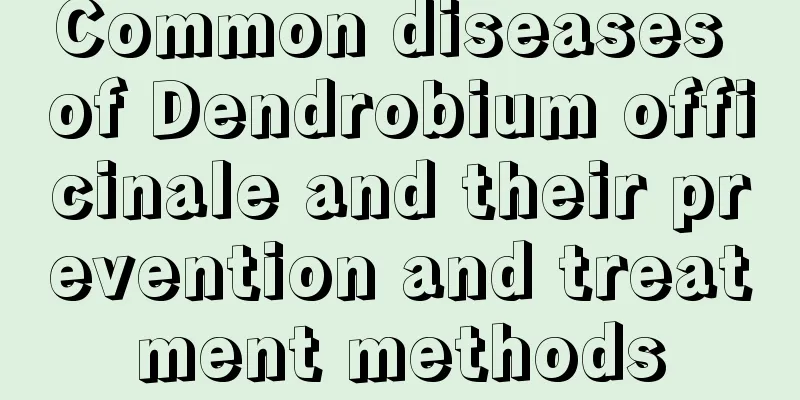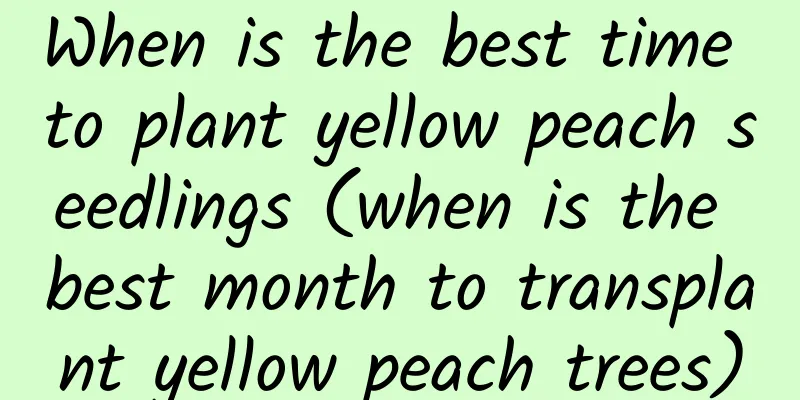If you have pets at home, be careful when planting these flowers and plants

Plants containing insoluble calcium oxalate crystalsPhilodendron, peach-leaf vine, evergreen, daisy leaf, colorful taro, white peace lily, golden pothos, calla lily, calla lily, white star calla lily, umbrella sedge, and Schefflera. The above plants contain insoluble calcium oxalates, which are very common in domestic plants. The leaves are generally green, relatively thick, and highly reflective. When pets chew on the leaves, crystals may be ejected, causing damage to the mouth and stomach. Symptoms of accidental ingestion: oral discomfort, drooling, vomiting, screaming. It usually gets better on its own after a few hours. Rare severe symptoms include difficulty breathing. Relief: Milk or yogurt. If you have trouble breathing or vomiting, go to the hospital. Plants containing saponinsBrazilian dracaena, lucky bamboo, tiger tail orchid, aloe vera. Saponins are in white body fluids, usually near the epidermis, and are in a colloid form that is non-toxic. It tastes very bitter and pets usually chew it when they are bored. Symptoms of accidental ingestion: vomiting (possibly with blood), drooling, loss of appetite, depression, unsteady movement, etc. Treatment: Most pets will recover on their own, but a few will need to go to the hospital for treatment. Tuberous plantsDaffodils, tulips, hyacinths. Symptoms of accidental ingestion: diarrhea (may be bloody), the tubers may cause neurological damage. Treatment: Seek medical attention immediately. Generally, the prognosis is better if other parts are eaten, but worse if the tubers are eaten. Plants containing cardiac glycosidesOleander, foxglove, lily of the valley, aloe vera, milkweed. It affects the Na/K ATPase enzyme in the heart, causing increased heartbeat intensity, decreased frequency, and irregular heartbeat. Symptoms of accidental ingestion: vomiting, diarrhea, abdominal pain, drooling, sudden death. Treatment: Immediate medical attention is required. Plants containing scutellaria toxinsRhododendron, mountain laurel, and juniper tree. Affects sodium channels, affecting the nervous system, heart and gastrointestinal tract. Symptoms: abdominal pain, vomiting, diarrhea, depression, muscle twitching, epilepsy, coma Plants containing tropane alkaloidsBelladonna, Datura, Henbane. Symptoms: Rapid heartbeat, dilated pupils, extreme excitement, seizures. Treatment: Immediate medical attention is required. NightshadePotatoes: The green parts and vines are poisonous. Tomatoes: Green tomatoes and vine tomatoes are poisonous. Symptoms: intestinal bleeding, intestinal ulcers. Treatment: Seek medical attention immediately. Drug-like plantsTobacco: Contains nicotine, which can cause overexcitement and epilepsy if taken in large quantities. Marijuana: Marijuana is sometimes used in homemade cakes in the United States. Lack of energy, unsteady movement, slow heartbeat, vomiting, diarrhea, convulsions, coma, etc. Treatment: Seek medical attention immediately. Hops Symptoms: The dog will have a rapid heartbeat, a severe fever, and may die within 6 hours. Cats usually only have vomiting symptoms. Treatment: Seek medical attention immediately. Plants containing soluble oxalic acidClover: This plant is usually hot-selling during St. Martin's Day. Rhubarb: Americans may use it as food. The stems are edible, the leaves and roots are poisonous. It combines with calcium ions in the blood, causing calcium deficiency in the blood. Calcium oxalate crystals are produced and accumulate in the renal tubules, leading to renal failure. Treatment: Seek medical attention immediately. Plants containing cyanideApricots, walnut kernels, bamboo shoots, cassava, lima beans, linseed oil. Prevents the body's tissues from utilizing oxygen. Symptoms: Breathing may suddenly speed up and then slow down, and sudden death may occur. Treatment: Seek medical attention immediately. Other poisonous plantsCastor beans: The toxins released when the beans are chewed are very poisonous. Colchicum: Causes oral and gastrointestinal discomfort, which may result in vomiting, diarrhea, weakness, and even death. Abrus precatorius: 1-2 fruits can cause death Avocado: May cause gastrointestinal upset in cats and dogs. It may cause irregular heartbeat, edema, and sudden death in rabbits, birds, and goats. Jasmine: causes convulsions, epilepsy, etc. |
<<: The Flower Language and Legend of Digitalis
>>: The efficacy and function of June Snow
Recommend
Cultivation methods and precautions of cherry crystal
Breeding method: Water: It is relatively drought-...
Lotus root planting technology and management
Before planting lotus roots, deep plowing and dry...
How to care for the newly bought jade dew
1. Lighting Jade plant likes light. After you buy...
How many days does it take for jade seeds to germinate?
How long does it take for jade seeds to germinate...
Weigela pruning
Weigela Planting and Pruning When planting Weigel...
How to make lemon blossom and bear fruit
Replacement of potting soil The potting soil of p...
What to do if Sedum sedum grows too tall
reason The eight-treasure plant has grown too tal...
How to Water Calla Lilies
1. Principles 1. There is a legend about this flo...
How to grow jasmine
1. Soil The soil for potted jasmine needs to be r...
Can wood ash be used as fertilizer?
Wood ash as fertilizer Wood ash can be used as fe...
How to plant dahlias? Planting time and method
Dahlia Planting Time It is best to plant dahlias ...
What are the flower gods of the twelve months in China?
Flower Goddess of the New Year One theory about t...
How to graft Ophiopogon japonicus onto Schlumbergera
Steps and methods of grafting Material preparatio...
Can the collected rainwater be used to water the flowers directly? Is it good to water the flowers with rainwater?
Can I use the collected rainwater to water the fl...
Muscovy duck breeding technology and management?
Muscovy duck, also known as musk duck, red- bille...









